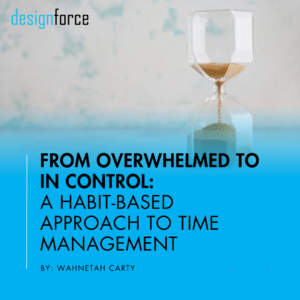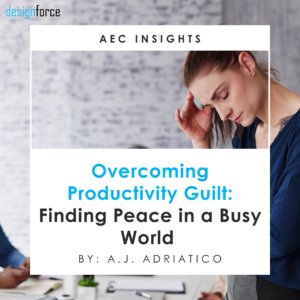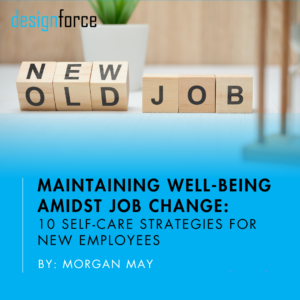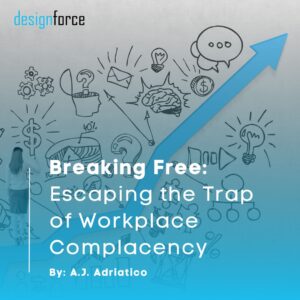Thriving Beyond Comparison: The Path to Authentic Success
By: Wahnetah Carty
When I started my career in education before transitioning into workforce strategy, I wanted to be the best. I wanted to hit all the milestones possible and work my way up to the top. I wanted to be outwardly seen as an expert and a knowledge hub. The easiest example is setting up my classroom. When I first started teaching, I would look at other teachers’ classrooms that had a lot of bells and whistles and I’d envy their “pretty” worksheets and toys. I felt like I wasn’t doing enough for my students, so I made some investments in items that were aesthetic in nature versus functional. I learned my lesson quickly and at the end of the day, I had to change my classroom within 2 months to set my students and myself up for success. That is only one small example out of many. I made a lot of mistakes in the beginning, and instead of looking at what I was doing, I would compare myself to those who I thought were doing better than me. This pressure I had put on myself combined with my constant state of comparison, led to me being frustrated with my rate of growth and eventually led me to become disengaged with my progress.
When I transitioned to the AEC industry, I made it a priority not to repeat the same pattern of constantly comparing my growth to others. Rather, I tried to measure my success by looking at my own unique progress one day at a time. Now, working as a career consultant and spending my days picking the brains of AEC professionals on their day-to-day experiences, I realize that the pressure to be the best that I was experiencing as an educator was not unique to me. This constant state of comparison happens to many career professionals across all industries.
To help me break the habit of measuring success by comparison, I used 3 steps to keep myself accountable and work towards becoming fulfilled with my individual progress and experiences. I go back to my why, I set obtainable goals, and I make sure that I am surrounded by an environment that is focused on collaboration. Once I started doing these things, I was able to feel confident in my skills and abilities, regardless of how they stacked up against my peers.
Understanding Your Why
Growing up, I loved running track. It was my passion. I met so many people who impacted my life. The people I met at my track meets taught me that regardless of your background or upbringing, you can uplift and leave a beneficial mark on anyone’s life.
I carry that motivation of wanting to have a positive impact on others’ lives to my job every day. This allows me to be unselfish in my pursuit of helping others grow their careers and it helps me strive for an intrinsic outcome rather than an extrinsic one. I find joy in helping others, as it makes me feel good to see others meet their goals. I love working in the community I live in and seeing the impact. I also strive to be as authentic with myself as I am with others I meet.
Within the AEC industry, many professionals have different “whys” or motivations for entering this industry. Whether it is a desire to solve complex problems, or positively impact communities, or be a provider for your family, we all have unique paths and motivators that have led us to the built environment. These diverse motivations stem from unique personal values, aspirations, and life circumstances.
Our unique “whys” lead us to act in different ways and strive for different outcomes in the workplace. While incredibly easy to do, try to resist the temptation of comparing yourself to your colleagues, as we are each unique in what we bring to the workplace as well as what motivates us to be there.
Goal Setting
Taking an individualized approach to goal setting significantly helps me reduce comparing myself to my colleagues on a day-to-day basis. It allows me to set clear objectives that align with my specific outcomes. This leads me to focus on my unique internal benchmarks instead of external benchmarks or the achievements of my colleagues. Goal setting also helps me take accountability for my own successes and failures. At the end of the week, I look back and say I had success because I progressed towards these unique goals, instead of measuring my success against my colleagues.
These check-ins allow me to foster a growth mindset, allowing me to view my challenges and setbacks as opportunities for learning and improvement. It also allows me to view my colleagues as resources that can inspire and support me. For example, as a career consultant, if I am having trouble with training I will pull in my senior manager who may be able to give deeper insight and a new perspective. I don’t view her insight as competition, instead, I view her as a resource from whom I can learn from who is also there to help me achieve a positive outcome.
Positive Working Environment
Another big part of not comparing myself to others is ensuring that I am in the proper environment that aligns with my why. As a first step, I asked value-based questions during interviews and made it a point to ask potential team members about how they support collaboration and success. I find environments that reward collective success help mitigate the tendency to compare myself with my colleagues.
For example, at DesignForce we put a big emphasis on collaboration and positive outcomes. If I am working with a career professional and need help during any part, I know that I can loop in my teammates to help. Our model is also commission-free, so there is a high emphasis on building genuine connections to understand what a career professional truly wants in their career rather than our success being tied to financial outcomes of a “placement”. This business model allows me to view my colleagues as resources, who are there to help each other in our shared mission, versus competitors.
Within the AEC industry, working together to achieve the best outcome can be difficult if the company or team does not focus on rewarding collective success.
Conclusion
At the end of the day, I always remember that my journey is my own and I have the power to decide my outcomes by how I set myself up for success or failure. It isn’t always easy to ask for help or set goals, but they me achieve the outcomes I want.
Figuring out my “why” helped me understand what made me feel fulfilled, setting goals helped me continuously improve, and working in a collaborative, supportive environment has helped me become more comfortable measuring my success against my own growth.
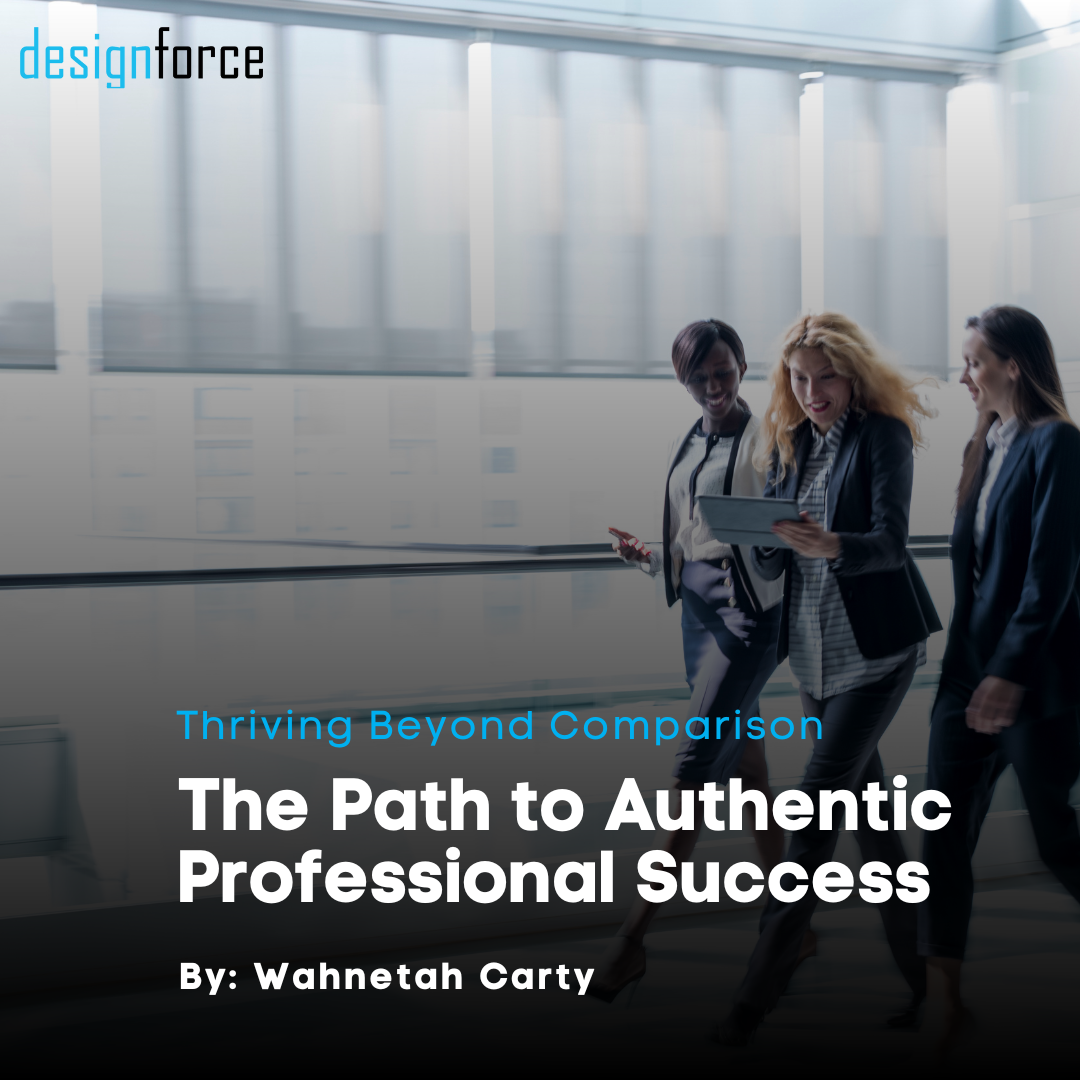
Related Posts
Let's learn together.
Stay inspired and in the know on all things A|E|C.
Sign up for our monthly newsletter.


